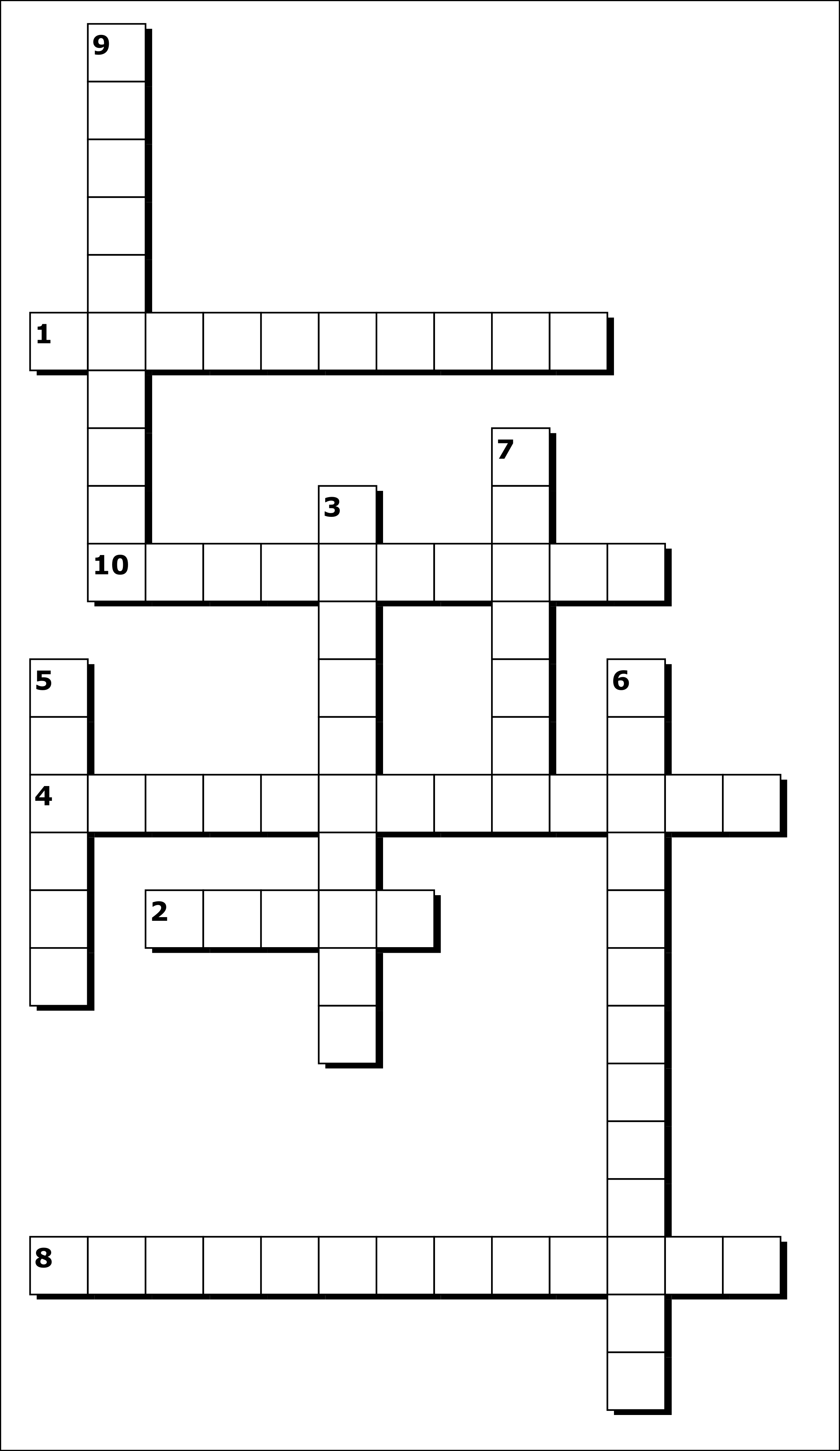Test questions: Introduction
1. Integrated water resources management (IWRM) is a process which promotes the development and management of _______, _______ and related resources, in order to _______ the resultant economic and social welfare in an equitable manner without compromising the sustainability of vital ecosystems. Fill in the missing words.
2. IWRM is an accepted sector-by-sector and top-down management approach. (True or false?)
3. What are the reasons for the increasing pressure on the world’s freshwater resources? Name at least four.
4. Why is it impossible to find a model/universal solution for IWRM practices?
5. What are the reasons for the increasing pollution of water resources? Name at least four.
6. More than a crisis of water shortage and water pollution, is often said, that the current water crisis is mainly a crisis of _______ and what are the main failures? Fill in the missing word and name at least two failures.
7. The Dublin Guiding Principles were first stated at the United Nations Conference on Environment and Development (UNCED) as part of the AGENDA 21. When and where were the Dublin Guiding Principles stated? Choose the right answer.
- 1982 in Mar de Plata
- 1992 in Rio de Janeiro
- 2002 in Buenos Aires
8. What are the four Dublin Guiding Principles?
9. What are the challenges faced by IWRM? Name at least five.
10. The ecosystems depend on water flows. Why it is therefore so important to protect and improve terrestrial ecosystems in the upstream areas of a basin? Name at least two reasons.
11. Try to solve the following crossword puzzle. There are no blanks between words.
- The world’s freshwater resources are under _______ pressure.
- _______ play a key role in the collection and safeguarding of water.
- Protecting vital _______ is one of the challenges for IRWM.
- IWRM is a _______ policy approach.
- Water is a _______ and economic good.
- What approach is the best for achieving long-lasting consensus and common agreement?
- IWRM practices depend on _______.
- What occurs when the amount of water withdrawn from lakes, rivers or groundwater is so great that water supplies are no longer adequate to satisfy all human or ecosystem requirements?
- The water crisis is no only a crisis of water shortage, it’s often a crisis of _______.
- The three E´s are the key strategic objectives _______, equity and environmental.
